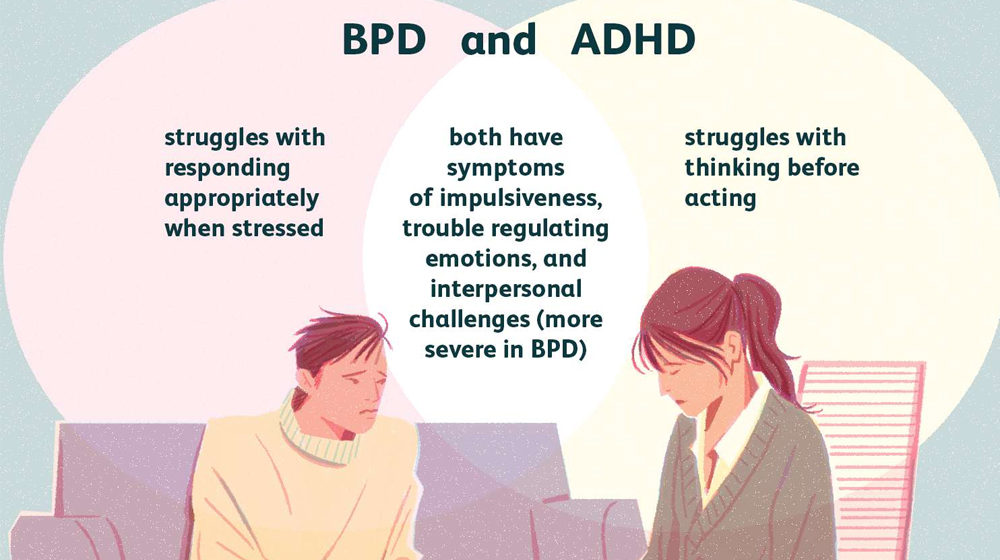Can Someone with BPD Have a Healthy Relationship? Tips for Building Strong Connections

Borderline personality disorder (BPD) is a complex mental health condition marked by emotional instability, deep fears of abandonment, and difficulty maintaining balanced connections. These intense emotions can make relationships—whether romantic, familial, or social—feel like a rollercoaster of closeness and conflict. Individuals with BPD often experience rapidly shifting feelings about others, which can strain their ability to sustain lasting relationships. Despite these challenges, many lead fulfilling lives with meaningful bonds once the condition is properly understood and managed.
A core feature of BPD is the instability that affects emotions, identity, and behavior, often creating unpredictable dynamics in relationships. Those with BPD might idealize someone one moment and feel deeply hurt or disappointed the next. Their fear of abandonment can lead to possessiveness or withdrawal, while impulsive actions and intense mood swings may further complicate interactions. Changing self-perceptions can also cause confusion for partners, friends, and family. Yet, these symptoms do not mean healthy relationships are impossible—they simply require more awareness, communication, and care.
Healthy relationships with someone who has BPD are absolutely achievable when both parties commit to understanding and growth. Open communication is essential, as is establishing compassionate boundaries that protect emotional well-being on both sides. Therapy, especially dialectical behavior therapy (DBT), helps individuals regulate emotions, reduce impulsivity, and strengthen relational skills. Patience plays a major role, since learning emotional regulation and trust is an ongoing process that takes time for both partners to navigate successfully.
BPD’s impact extends beyond romantic relationships to friendships and family connections. Loved ones may misunderstand emotional reactions or struggle with recurring conflicts, but education and empathy can transform these challenges into opportunities for deeper connection. Honest discussions about boundaries, needs, and limitations help prevent misunderstandings, while limiting social media use can reduce emotional triggers. Ultimately, people with BPD can form strong and resilient bonds when supported by understanding relationships, professional guidance, and consistent self-compassion.
